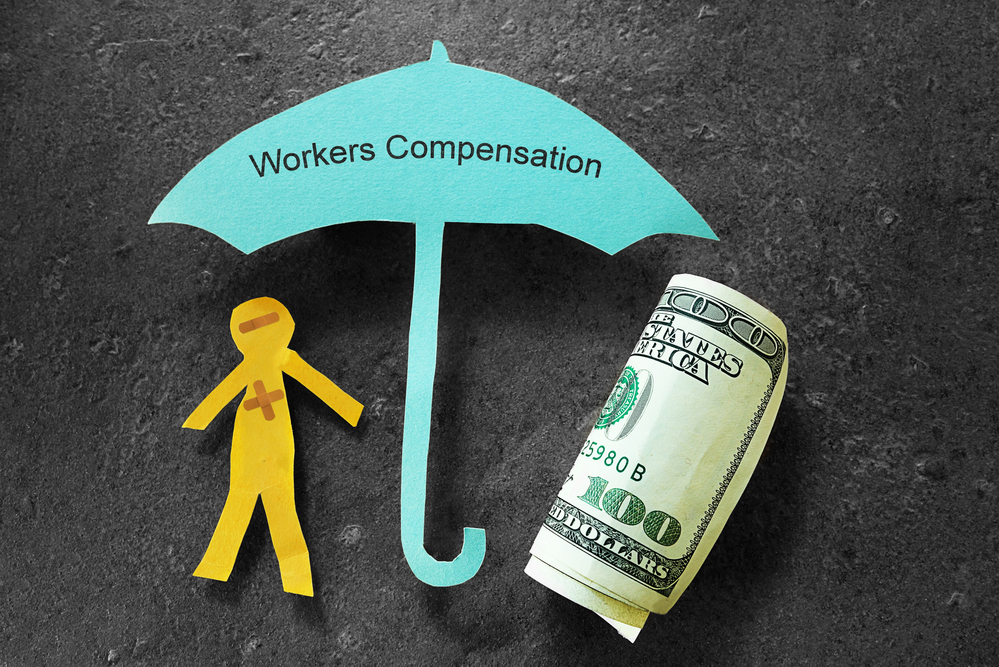
Maybe you’ve heard of workers’ comp. However, do you know what the term means? Do you know how you can get it, or when you can’t?
You should know at least a little about workers’ comp if you’re employed at a job where you’re potentially eligible for it. We’ll discuss some of the workers’ comp basics now.
Workers’ comp means workers’ compensation. It’s money that you can get through insurance. It gives you medical care and cash benefits if you become ill or injure yourself on the job.
Your employer pays for it. Most places of employment need to have it available for workers, though some companies can skirt this rule.
Some people confuse FMLA and workers’ comp. However, they’re not the same thing. FMLA gives you 12 weeks of unpaid leave for injury recovery. This stands for the Family and Medical Leave Act. If you take FMLA leave from work, then you might also get workers’ comp at the same time in some instances.
Generally, you can access the FMLA program if you leave work for a while to care for a sick relative. You can use it for the birth of a child in some cases as well. You can also use it during recovery from a serious illness or injury.
In this last scenario, you might collect money through workers’ comp while doing FMLA. That’s relatively rare, but it can happen. You must apply to both and wait for a decision.
A business owner does not need to pay for workers’ comp insurance if they are a sole proprietor, meaning they have no employees. For instance, someone who does freelance work at home, like working as a copywriter, designing websites, or doing remote IT-related maintenance, does not need to get workers’ comp insurance. They might get a healthcare plan through the Affordable Care Act instead.
You should remember, though, concerning workers’ comp, that each state has different regulations. Every employer who sets up a company will need to look into whether they need to purchase workers’ comp insurance.
Each employee who works for them should check on this. You might not decide you’ll decline a job offer because your prospective employer does not have workers’ comp insurance, but it might at least give you pause.
Typically, you can get workers’ comp if you’re either partially or fully disabled and unable to perform the job for which your employer hired you. However, you must not return to work for at least seven days to have eligibility.
Maybe you sprain your ankle, and you can’t go to work because you need to stand while on the job. You feel better three days later and return to your duties. In that scenario, you probably will not have workers’ comp eligibility.
You will have lost wages eligibility after not receiving your normal pay for 14 days. However, you should also realize that you will not get the full amount that you usually receive. You will get two-thirds of your normal salary instead.
Obviously, that’s not ideal, especially if you can’t get back to work for some time. It is incentive to try to get back on the job as quickly as you can, especially if you don’t have much in the way of savings. You can’t force your body to heal any faster, though. You can only get back to work when you feel physically ready.
It’s also important to note that if you are changing doctors in workers' comp, there’s a mandatory waiting period of 90 days after which you can start getting treatment from doctors of your choice. Depending on the state laws, there are certain limitations and restrictions you may have to follow initially. You should also avoid getting treatment from the new doctor unless you have provided enough notice to your insurance provider and have required permissions.
You can normally get workers’ comp for quite some time if you can prove that you still can’t work. The precise time that you can be on it varies from state to state. For instance, in New York, the program might kick you off after 225 weeks, though you might also stay on for as long as 525 weeks in other instances. You must factor in things like the percentage of earning capacity lost and your injury extent.
Just like disability that comes through the federal government, you must continue proving that you can’t do the work for which your employer hired you to stay on workers’ comp. Both the private insurance companies that offer workers’ comp and the federal government that grants you disability will want you to continually establish your eligibility.
Generally, you’ll want the security that working for an employer who offers workers’ comp provides.